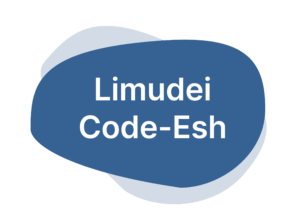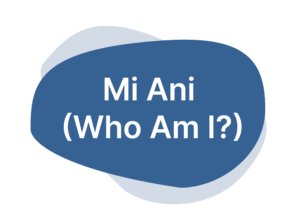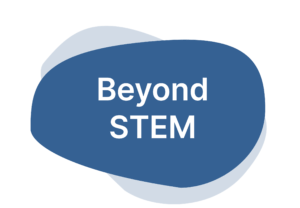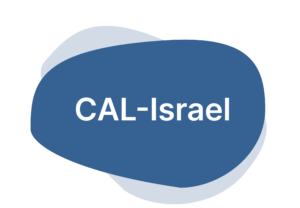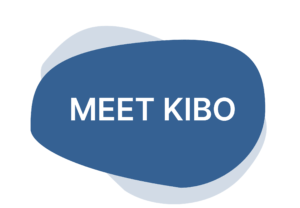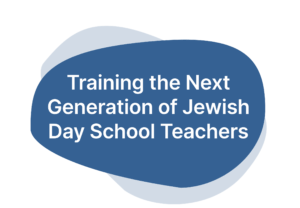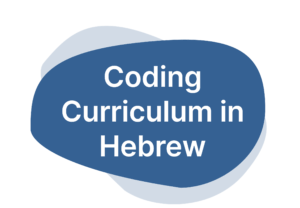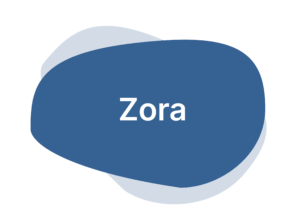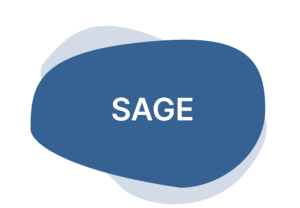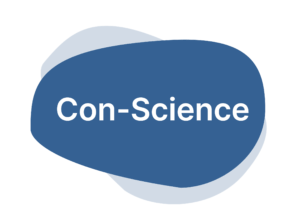DevTech Beit Midrash: A House of Learning about Formative Education, Judaism and Innovation
Boston College is a leader in formative education, with a longstanding commitment to educating students as whole persons who can lead lives of meaning and purpose. As stated in its mission, as a Catholic and Jesuit university, BC “regards the contribution of different religious traditions and value systems as essential to the fullness of its intellectual life”.
Aligned with this mission, the DevTech Beit Midrash project is informed by the concept of the Jewish Beit Midrash (בית מדרש), a house of learning that brings together a community dedicated to the study of texts. The Hebrew root R-SH-D (דרש) means to seek knowledge, to expound, to derive meaning and interpretation, and to demand from the “text”. In the traditional Beit Midrash, students work together to study the first hypertext in history: the Talmud, a 2nd to 6th centuries compiled-masterpiece of Jewish literature and law. Similarly, in the DevTech Beit Midrash, people work together with other innovative “texts”, such as virtual reality, coding apps, robotics, electronic textiles, maker spaces, spiritual hackathons, and others, to construct different interpretations.
This notion of “text” draws on the discipline of semiotics which studies any system of signs, whether linguistic or non-linguistic, that can be interpreted to convey meaning and to reveal a broader message or cultural understanding. This includes anything from literature to visual images, interactive objects, or social interactions. This work draws on the need of a community of practice to create and interpret the “text”.
The DevTech Beit Midrash hosts different projects, workshops and symposia to explore how new technological “texts” can help us become more human by enhancing the intellectual and spiritual life of all members of the university. Through an interdisciplinary approach, grounded in the Jewish tradition, the DevTech Beit Midrash playfully uses both natural and artificial languages to learn with and about others, by promoting a sense of shared human universality through religious diversity. Furthermore, in this exploration, the DevTech Beit Midrash seeks to extend the impact of the concept of formative education beyond the Jesuit context to different religious and secular traditions.
Related Papers
Bers, M. U. (2008). A Palace in Time: Supporting Children’s Spiritual Development through New Technologies. In Richard Lerner, Robert Roeser, & Erin Phelps (Eds.), Youth, Development & Spirituality: From Theory to Research (pp. 339-358), West Conshohocken, Pennsylvania: Templeton Foundation Press.
DevTech Beit Midrash Events
Upcoming Events
No upcoming events at the moment. Check back in soon for more!
Past Events
A potential dialogue between traditional Yeshiva learning and progressive pedagogies
by Prof. Zvi Bekerman, Hebrew University of Jerusalem
Tuesday 5/27/2025 at 4:00pm at the DevTech Lab, Carney Hall Room 306

A socio-historical analysis of the development of yeshivas and their conversational practices, focusing on systematic evaluations of dialogues within traditional study pairs (Chavruta) and groups (Chabura). We explore these practices’ contributions to modern educational objectives, such as knowledge creation, dialogical and collaborative learning, and fostering critical thinking. Additionally, we discuss the degree of autonomy in yeshiva textual studies. This examination also considers whether Western educational traditions might benefit or find solutions to their challenges through these ancient learning methodologies.
Dr. Zvi Bekerman teaches anthropology of education at the School of Education, Hebrew University of Jerusalem, and is a research fellow at The Harry S. Truman Research Institute for the Advancement of Peace in the same university. His main interests are in the study of cultural, ethnic and national identity, including identity processes and negotiation during intercultural encounters and in formal/informal learning contexts. He is particularly interested in how concepts such as culture and identity intersect with issues of social justice, intercultural and peace education, and citizenship education. In addition to publishing multiple papers in a variety of academic journals, Bekerman is the founding editor of the refereed journal Diaspora, Indigenous, and Minority Education: An International Journal.
Among his most recent books: Bekerman, Z., & Zembylas, M. (2017). Psychologized language in education: Denaturalizing a regime of truth, Palgrave Macmillan – Springer; Bekerman, Zvi (2016), The Promise of Integrated and Multicultural Bilingual Education: Inclusive Palestinian-Arab and Jewish Schools in Israel, Oxford University Press, 2016; Bekerman, Zvi & Michalinos Zembylas (2012), Teaching Contested Narratives Identity, Memory and Reconciliation in Peace Education and Beyond. London, Cambridge University Press; and Bekerman, Zvi; Geisen, Thomas (Eds.) (2012) International Handbook of Migration, Minorities and Education Understanding Cultural and Social Differences in Processes of Learning. New York: Springer. Claire McGlynn, Michalinos Zembylas, & Zvi Bekerman (Eds.) (2013) Integrated Education in Conflicted Societies. Palgrave, Mcmillan.
Please RSVP here if you plan to attend
Virtual Reality Prayer – How does WHERE you pray affect HOW you pray?
by Oren Kaunfer, Jewish Community Day School
Wednesday 4/2/25 from 11:00am to 12:00pm at the DevTech Lab, Carney Hall Room 306

VR Makom is a spiritual experiment and experience designed to increase middle school students’ sense of awe and wonder. Integrating Virtual Reality into Jewish prayer can create positive student experiences that have a lasting and transformative impact on their attitudes to prayer and spirituality. Oren will share data and anecdotes from his work and answer questions.
Oren Kaunfer is Madrich Ruchani (Spiritual Educator) at JCDS Boston’s Jewish Community Day School. Drawing on a diverse background ranging from Camp Ramah to the Institute for Jewish Spirituality to producing animation at MTV, Oren’s creativity, energy, and spirit elevate and energize the community, and infuse JCDS with genuine ruach (spirit). In 2018, Oren received The Covenant Foundation’s prestigious Pomegranate Prize for emerging Jewish educators and received a grant for his groundbreaking work bridging virtual reality and prayer. Oren is particularly interested in creating innovative and engaging t’fillah (prayer), and fostering meaningful connections to Judaism.
DevTech Beit Midrash Events Flyer
Being Jewish at BC
BC is a Jesuit, Catholic institution whose mission calls to support students, faculty and staff of all faith traditions in their search for ultimate meaning. BC has a strong Hillel community for students and a vibrant group, J-FAST, for Jewish Faculty, Staff, Administrators, and Allies which provides opportunities for all members of the BC campus community to learn about Judaism, celebrate Jewish holidays and cultural traditions, engage in open dialogue, and discuss current events. The group aims to create a supportive environment to build community while developing social, educational, and programmatic partnerships to raise awareness about the Jewish experience on campus community engagement. BC also offers a Jewish Studies minor that examines the multiple dimensions and complexities of Jewish civilization throughout its broad chronological and geographical range.
Related Projects
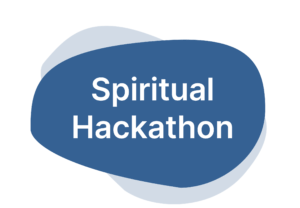
Spiritual Hackathon: Bringing together the energy of innovation with the depth of inner life in an interfaith environment
Limudei Code-Esh: Jewish Studies and Coding
Mi Ani (Who Am I?): An Exploration of Jewish Identity through Robotics
Beyond STEM: A Robotics-Based Interfaith Project in Buenos Aires and Boston
CAL-Israel: A Partnership with the Mindful Learning Technologies Lab to bring CAL to Israel
MEET KIBO: Palestinians and Israelis Teaching and Learning Together
The Coding as Another Language (CAL) Curriculum in Hebrew for ScratchJr and KIBO
Zora: A Virtual Community to Explore Identity and Values
SAGE: StoryTelling Agent Generation Environment
Con-Science: Creative Robotic Prayers

